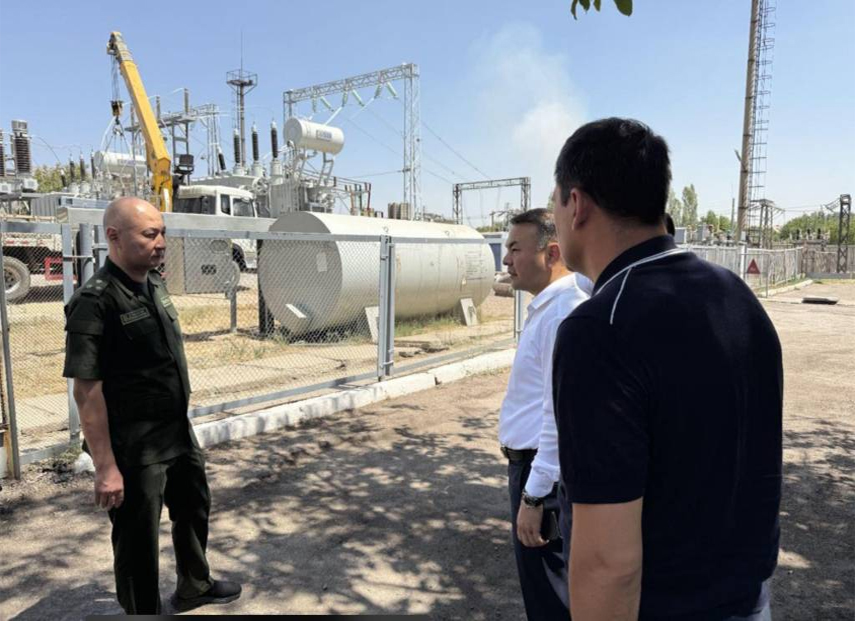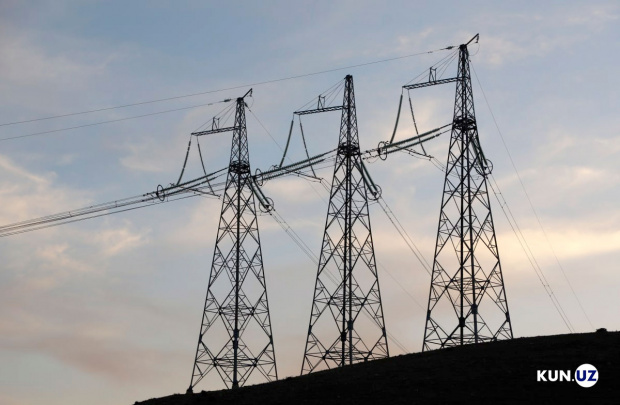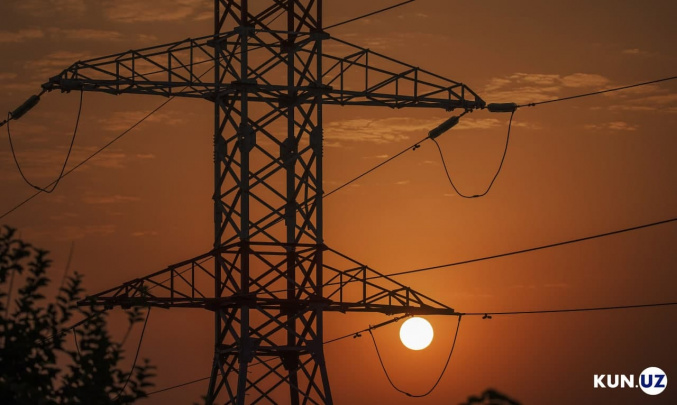Dozens of energy sector officials punished after electricity disruptions in Tashkent
A total of 28 officials have been subjected to disciplinary action following power outages that occurred across Tashkent on July 24–25. Among them are the head of Tashkent City Electric Grids and the directors of 11 district power supply companies.

According to UzA, the outages and voltage drops in several districts were investigated by the Prosecutor General’s Office with the involvement of technical experts.
Investigation findings
The probe revealed a number of deficiencies and operational shortcomings in the electricity supply system.
At present, only five operators work at Call Center No. 1154, which handles consumer complaints. This has resulted in waiting queues of up to 60–70 callers. Following the investigation, 10 additional operators were assigned to the center.
Moreover, there was a failure to inform consumers in a timely manner about the restrictions and outages. On July 23 alone, no prior warnings were issued for 64 outage incidents, while 112 notifications were delivered with significant delay.
In response, all district administrations have now been instructed to post outage alerts on their official websites and high-traffic social media channels. Additionally, prosecutors have been assigned to dispatch services in every district to ensure rapid response and readiness.
Employees of press and dispatch services were officially warned to improve communication with consumers and respond swiftly to emergency situations.
The disciplinary measures affected 28 officials, including:
- the head of Tashkent City Electric Grids LLC,
- 11 heads of district power supply enterprises,
- 13 chief engineers,
- and 3 dispatch service employees.
Systemic problems within the power company
The investigation also uncovered systemic issues at Tashkent City Electric Grids LLC.
The company currently operates 78 emergency response teams staffed by 410 employees and supported by 34 specialized vehicles – insufficient to handle the growing number of emergencies. There is also a shortage of 35 personnel across the organization.
In the past three years, 30% of the company’s workforce has resigned, mostly due to low wages and high workload. Of those who left, 228 were operational specialists, making up 45% of the total resignations.
Out of more than 9,749 kilometers of electric grids, 2,540 kilometers (26%) are in urgent need of repair. Of the 90 substations in the network, 9 require modernization, and the capacity of 2 needs to be increased.
Six out of the company's 11 mobile laboratory vehicles no longer meet technical standards. Only two are currently in service during night shifts. This severely limits the company’s ability to quickly identify and resolve outages that may occur simultaneously in multiple areas.
To improve emergency response and maintain continuous operations, the company plans to introduce 26 additional staff positions – 13 engineer-laboratory specialists and 13 driver-technicians. It also identified the need for 10 new modern mobile laboratory vehicles, each estimated to cost UZS 1 billion.
Growing demand for electricity
As of today, Tashkent has more than 823,000 electricity consumers – an increase of 47,600 compared to 2024 and 21,000 more than at the beginning of 2025.
Electricity consumption in the capital continues to grow steadily:
- 7.6 billion kWh in 2022,
- 8.3 billion kWh in 2023,
- and 8.7 billion kWh in 2024.
On average, electricity usage increases by 621.3 million kWh or 9% each year.
Related News

18:47
Tashkent’s master plan open to revision, but not for private interests – Ministry of Construction

13:01
Residents and businesses hit hard by frequent power cuts in Tashkent

16:58 / 24.07.2025
Uzbekistan boosts electricity exports amid ongoing outages

11:32 / 23.07.2025



